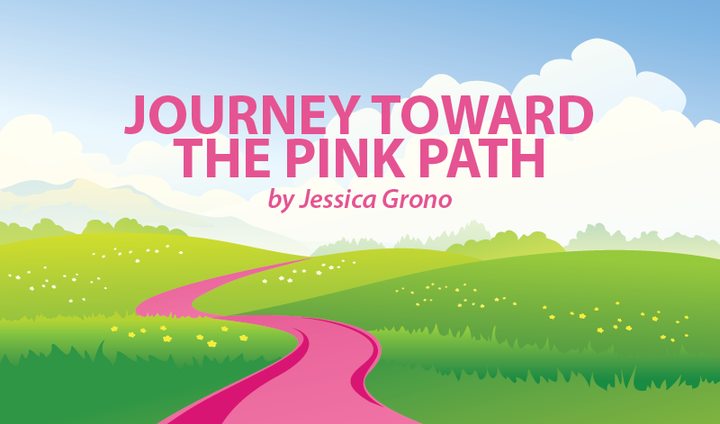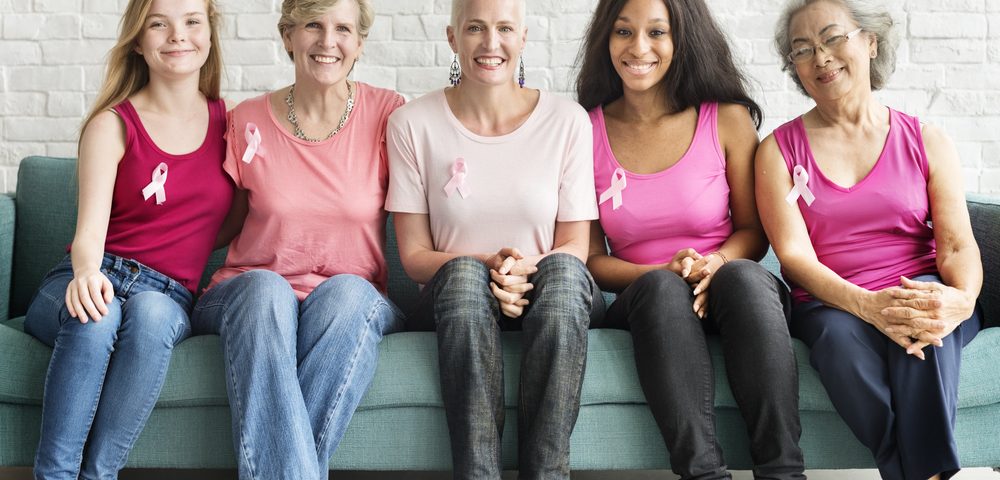
When you first discover you have breast cancer, the world stops and spins about a million times.
Nothing can, or will ever, prepare you for hearing anyone say: “I’m sorry to tell you, but we found cancer in your biopsy.” Or how my oncologist put it: “We found a little bit of cancer.”
That is like saying you’re a little bit pregnant. You either are, or you aren’t — there isn’t a happy medium.
Even if you are the strongest, healthiest, prettiest, and most emotionally healthy woman who ever walked the Earth, hearing that you have breast cancer will make you feel things you never felt before. I actually beat myself up for how I reacted to my phone call. I cried, shook, and couldn’t speak to anyone about it for several hours. I thought to myself, “Come on, you can handle this. You handle everything else.”
But, listen, when you learn you have cancer, it is OK to feel whatever you need to feel, and act however you need to act, on the first day. Unfortunately, sooner or later, you will need to tell your family and friends. I know you don’t want to, because you don’t want to ruin their day. But trust me, they want and need to know so they can do a better job of helping you.
I’m sure you’ll hear people say, “You can fight this.” As you will understand soon, cancer is not a fair fight. I never saw myself as fighting cancer, but fighting to find the right treatment, the right doctor, the right hospital and the right support services.
Radiation, chemotherapy, other medications, and mastectomies are all ways to fight the cancer. But you must make it happen.
After you find out you have cancer, it is important not to panic and not to think in terms of the worst-case scenario. Treatments, doctors, facilities and research are ever evolving.
You probably won’t know the type of cancer or stage until your appointment. You can try to learn more over the telephone, but medical professionals often won’t agree to that. Chances are they will give you some indication of what you are dealing with, but not all the details.
You should feel good that you took the steps you needed to discover the cancer. Waiting for a diagnosis would only have made things worse. Give yourself credit that you made it to the let’s-tackle-the-problem stage.
After I learned I had breast cancer, I discovered that taking control helped a lot. At first you feel you have no control. But there are things you can take control of — and doing so gives you the power and not the cancer.
Listen to all of the options, get a second opinion, let well-meaning but off-the-mark advice from friends roll off your back, and keep calm.
I thought it would be harder than it was to have my children be part of the process. My daughter was 9 at the time, and I found that being honest and open helped everyone. I promised her I would be honest, and keep her in the loop. Yes, we had our emotional moments, and things were hard, but we did it.
Allow family and friends to be there for you. I was surprised that when I went to my oncologist, my husband, sister and mother all came with me. It meant so much, and made hearing both the news and the options easier. Let people help even if you feel you can go it alone. Enjoy the joys that make you smile. Cancer has a way of reminding you of what is really important in life.
Note: Breast Cancer News is strictly a news and information website about the disease. It does not provide medical advice, diagnosis, or treatment. This content is not intended to be a substitute for professional medical advice, diagnosis, or treatment. Always seek the advice of your physician or other qualified health provider with any questions you may have regarding a medical condition. Never disregard professional medical advice or delay in seeking it because of something you have read on this website. The opinions expressed in this column are not those of Breast Cancer News, or its parent company, BioNews Services, and are intended to spark discussion about issues pertaining to breast cancer.

